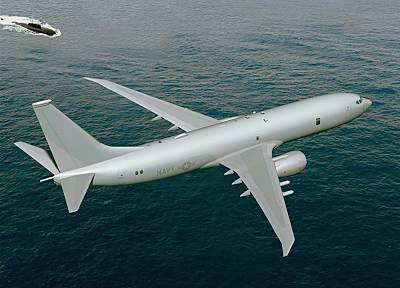As the Royal Marines of 40 Commando work hard to bring security to the population of Sangin in Helmand province they are often tasked to protect residents from Taliban intimidation and attack.
 |
| Royal Marines on patrol in the Sangin area of Helmand province (stock image) Source: LA(Phot) Si Ethell, Ministry of Defence, UK Click to enlarge |
One method of intimidation used by the insurgents is the raising of white flags — a practice that has become synonymous with Taliban rule. They can strike fear into the local population and are used to target Afghan and ISAF forces as they are often booby-trapped with improvised explosive devices (IEDs).
Marine Harrison ‘Harry’ McGill, from 40 Commando Royal Marines, was recently tasked with removing a flag.
Marine McGill said:
“We thought that we would go out that night and get it. We went through loads of mission rehearsals.
“To avoid endangering ourselves we decided to tie a rope around it and pull it down so that we were at a safe distance from it in case there were any IEDs attached to it.”
That night Marine McGill and his team went out on patrol in the area to reassure the locals that the Afghan National Army and ISAF forces were present and to have a look at the compound where the Taliban had raised the flag.
After careful inspection, and taking all the necessary precautions, Marine McGill explained:
“We got the rope around it and started pulling it down, but the rope snapped.”
Undeterred, and using their contingency plan, which involved carefully clearing the path to the flag of any potential IEDs, they removed the flag post and flag from the compound and returned to their patrol base.
Marine McGill and his patrol had given a very clear message to the local people that ISAF and Afghan National Security Forces were in charge of the area, not the insurgents.
Sadly, the methods used by the insurgents to terrorise the population are often more deadly than white flags, as Lance Corporal Jonathan Ratcliffe, a Commando medic, found out when he was confronted with a young Afghan girl who had been shot by the Taliban.
The young girl had been shot in the arm as a result of insurgent fire. Lance Corporal Ratcliffe thought that the young girl was about six years old, the same age as his only son Bobby:
“It was quite late in the evening, around dusk, when we heard gunfire,” Lance Corporal Ratcliffe explained.
“The insurgents were firing rounds toward our patrol base. Once the dust settled, we moved swiftly into position to protect the base, but, as we were moving, some locals came to the front of the base and the interpreter told me that there was a little girl who had been shot in the incident.”
On hearing the news Lance Corporal Ratcliffe went to the front gate to help. He said:
“I went out to see her. She was such a strong little girl and, unbelievably, wasn’t crying. She had been shot in the arm, but luckily it had just grazed her, but it was quite deep and of concern to me.
“I was worried; it just wouldn’t stop bleeding. I knew that I had to get her into the medical facility we have in the base. So, the little girl, her uncle, brother, and some of the Afghan National Army soldiers came into the small medical room at the heart of the base as I continued to treat her.
“I gave her lots of chocolate and fruit juice because she was so brave. It was amazing. She didn’t cry at all, even when I was cleaning the wound and trying to make it stop bleeding. It took about 20 minutes to stop, so then I then dressed her wound and put her arm in a sling.”
The little girl had been looking after some of her family’s goats on one of the nearby fields when she was caught up in the insurgents’ firing.
In Afghanistan, and particularly in the southern Green Zone where Lance Corporal Ratcliffe is based, the children assist their relatives by tending to their animals and looking after the crops in the fields. Lance Corporal Ratcliffe said:
“Being out here in Afghanistan definitely makes you appreciate everything in the UK so much more. Seeing this young girl made me think of my boy, I miss him a lot.”
However, Lance Corporal Ratcliffe said he can see the good he is doing in Afghanistan:
“I have definitely enjoyed being a Marine so far and I find being a medic particularly gratifying. It’s a good job, you definitely feel like you are doing something positive.”
Working side by side with the Afghan National Army, the Royal Marines are working to push away the insurgents from the population centres of Sangin and extend the reach of the Afghan Government.
Press release
Ministry of Defence, UK

 von
von 